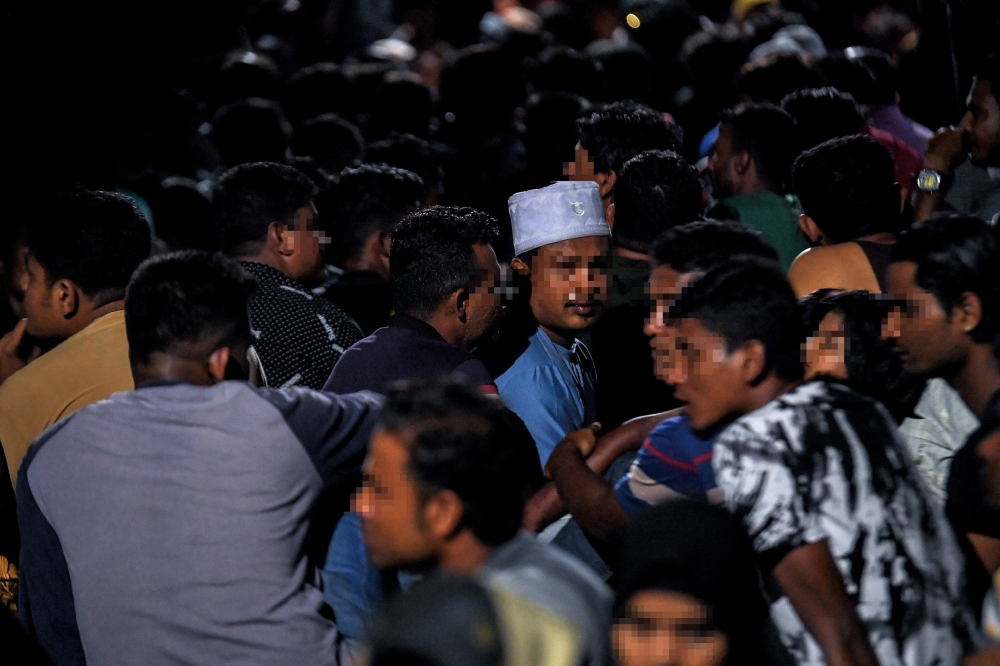'Migrant workers deserve fair treatment, not social media scrutiny'
Media can dismantle biases against migrant workers

SHAH ALAM - Human rights advocates are urging the media to play a more constructive role in shaping public perceptions of migrant workers.
North-South Initiative’s Executive Director and human rights activist, Adrian Pereira stressed the need for responsible and empathetic reporting that sheds light on the realities faced by this essential demographic.
Adrian highlighted the media's dual responsibility - uncovering the challenges faced by migrant workers and promoting social harmony in a nation with a shifting demographic landscape.
He pointed out the dangers of xenophobic and racist narratives, urging journalists to actively counter such rhetoric.
"Without investigative reporting, society cannot address issues like fake news and racism.
"Ignoring xenophobic comments towards migrants allows hate to fester.
"When the media reports terms like 'Mini Dhaka' or 'Bangla KL' without context, it fuels prejudice.
"We need truthful reporting that dismantles these biases," he told Sinar Daily when contacted.
Adrian's comments stemmed from a recent rise in xenophobic social media posts and certain media reports highlighting enforcement operations with code names like "Mini Dhaka."
Adrian also cited a recent example where migrant workers enjoying a public holiday in Malaysia sparked negative social media commentary.
"Migrant workers deserve leisure time just like everyone else.
"Their presence benefits local businesses, and negativity towards their recreation is unwarranted.
"We need to foster a media environment that promotes diversity and understanding, not division," he added.
He also delved deeper into the complex realities surrounding migrant workers in Malaysia.
He pointed out that challenging working conditions often leave both local and migrant workers with limited options, forcing them to accept low-wage jobs.
This, in turn, fuels a reliance on migrant labor, both documented and undocumented, he said.
"Media portrayals often lack context.
"They fail to explore the reasons behind undocumented status.
"Journalists should investigate the roles of facilitators and agents in the migration process, not simply target undocumented workers," he said.
He also slammed enforcement raids that unfairly target workers instead of employers.
He stressed that individuals should not be vilified or criminalised solely based on their documentation status.
Adrian also called on the Malaysian Communications And Multimedia Commission (MCMC) to implement stronger regulations and ethical standards for journalists.
This includes deterring xenophobic and racist reporting targeting migrants and refugees.
"Such reporting exposes vulnerable individuals to harm.
"It risks retaliation and societal discord, ultimately undermining investor confidence.
"Treating migrant workers poorly in the media can also erode worker trust.
"We need training and education for journalists to combat xenophobia and promote fair representation," he said.











